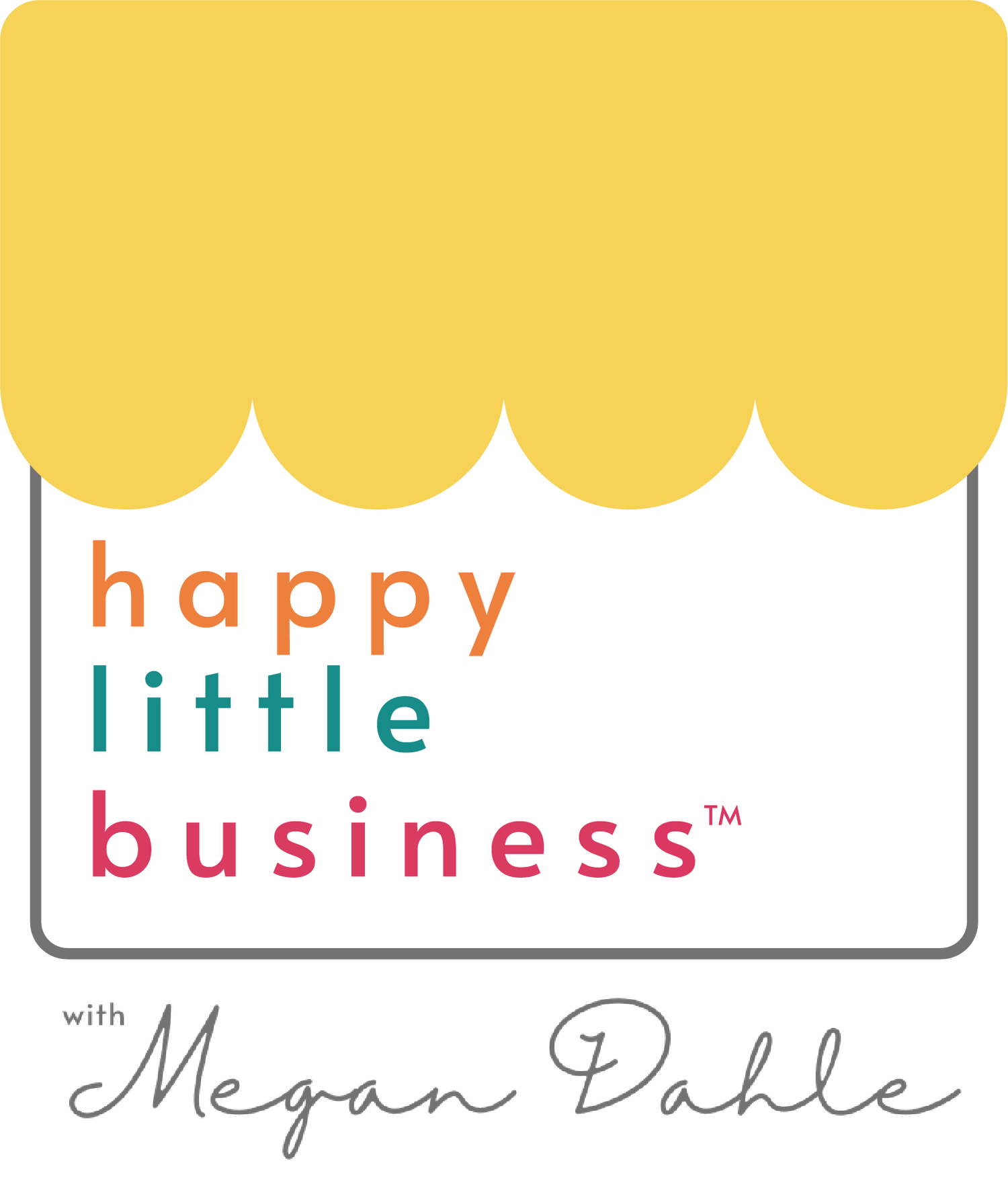Your price sends a message. Is it the right one?
“What do I charge?”
There are a billion and a half ways to answer this question, and twice as many articles about it, but it’s the insecurities behind this question I want to get to:
You don’t want to “leave money on the table.”
You don’t want to price yourself out of the market.
You want a healthy cash flow (whatever that means).
You don’t want to struggle!
The first thing I want you to understand is this: your prices are one way you set boundaries in your business.
Boundaries are incredibly important for both the enjoyment you get from your business and the cash reward you get to reap.
Think of the types of boundaries important to your business:
How your clients treat you and your staff.
What is expected of you and your clients.
The time and attention due to each project (and what is the upper limit?)
The information a client is privy to and what is kept confidential.
Your pricing is one of the ways your prospects and clients make up their mind about you.
Let’s say you hear about a new restaurant - that the food is really great, you gotta try it, blah blah blah. Even with that loose description you get an idea in your head of what to expect. Perhaps you then look it up online, and you see it’s an Italian/Mexican fusion restaurant and you see a few photos of the food and interior. The impression in your mind adapts to this new information. You are already forming an opinion without ever stepping foot inside their dining room. You might even imagine what the food tastes like without even tasting a single morsel.
Now… if all of this is swirling in your head and you then find out that the food is dirt cheap, how does that change your assumptions? Do you start questioning the ingredients? Do you question the cleanliness?
What if it was super expensive, like 3x more than what you assumed? How would your impression change? Would you still be curious? Would you want to know what you were missing out on?
.Whether you intend to or not, your pricing tells your clients about:
Quality of your services.
Your level of expertise.
Your confidence in yourself.
Exclusivity (they’re lucky to get to hire you).
Here is where I need you to take a beat.
You may THINK you know what your pricing is telling the marketplace. You may have assumptions about what other people are thinking about you.
What you want to avoid is giving competing impressions that lead to confusion. Say you have high prices (albeit justifiable), but you are apologetic when presenting your proposal. You’ve just discredited yourself. The price you present is in conflict with the tone of your words.
Now your prospective client doesn’t know whether to believe your price or your tone.
What if an interior designer presented low prices causing their clients to expect retail furniture options, but they wanted a custom touch and now think they can’t have it?
So here is the challenge: self awareness. You cannot use your own assumptions to make pricing decisions.
I’ve seen it over and over where clients have some baggage (eh hem - judgment) about what other people are charging.
Why is it in my client's best interest that I charge these prices?
What message am I sending with my prices?
Am I able to fulfill the unspoken promises my prices portray?
As one last piece of advice in this arena… always be asking: “What should I be charging?” Don’t get caught flat footed on your pricing. Your skills and business are constantly evolving and improving, and so should your pricing.
And remember, your proposal is not the last time you talk about pricing with your clients. Next week we’ll cover when to talk about money with your clients.
I’m rooting for you!


